JLPT N5 Lesson 20: Asking Questions

How to ask a question
This lesson aimed at helping elimentary level students learn how to ask questions. Here we will learn how to form an interrogative sentence in Japanese. We will also learn about the question words those are necessary to ask a question.Note: In the above illustration, the verb 'にげる (run away)' has been used in one of the sentence, but this verb may not be tested in JLPT N5 level.
Question Marker
In Japanese, the particle 'か' is used as the equivalent of English question mark (?). Just by placing the particle か at the end of a simple affirmative or negative sentence we can make it an interrogative sentence and the structure of the sentence will not be affected in any other parts of the sentence. Whereas in English we know the sentence structure needs to be changed to agree with numbers (singular/plural) and to agree with the tense of the verbs when we transform a simple sentence to an interrogative sentence. In that sense Japanese is easy, right?In writing formal Japanese, no question mark is used to denote interrogative sentences, the particle 'か' denotes that the sentence is an interrogative sentence. Using the '?' after the word 'か' actually would be redundant but in romanized Japanese or in casual and creative writing or in Manga, using the question mark (?) is common.
Besides the 'か' particle, 'の' particle is also used to denote an interrogative sentence (mostly in conversations).
Example:
Statement: かれはがくせいです。= He is a student.
Question: かれはがくせいですか。= Is he a student?
Statement: わたしはいまほんをよみます。= I will read book now.
Question: わたしはいまほんをよみますか。 = Shall I read book now?
Satement: いま がっこうへいく。= I will go to school now.
Question: いま がっこうへいくの? = Are you going to school now?
Answering Questions
Usually, the answer will be according to the questions, but typically, first we need to agree or disagree which is 'yes' or 'no' alone or together with some other helping words such as - 'yes it is' or 'no, you are wrong'.はい = Yes
ええ = Yes
いいえ = No
はい、そうです。= Yes, it is.
いいえ、そうではありません。= No, it's not that.
はい、わかりました。= Yes, understood.
いいえ、ちがいます。= No, it isn't. (different opinion - not agreeing)
Practice:
Question: すずきさんはにほんじんですか。= Is Mr. Suzuki Japanese?Anser: はい、そうです。= Yes, he is.
Question: あしたがっこうへいきますか。= Are you going to school?
Answer: はい、いきます。= Yes, I'll go.
Question: あなたはおかねもちですか。= Are you a rich person?
Answer: いいえ、そうではありません。= No, it isn't.
Question: あなたはアメリカじんですか。= Are you an American?
Answer: いいえ、ちがいます。= No, it isn't.
Question Words
But for more specific questions, like in English, in Japanese also the same kind of question words are used.What = なん [何] / なに [何]
:-: これはなんですか。What is this?:-: なにをたべますか。= What will you eat?
:-: なんじですか。= What time is it?
:-: おなまえはなんですか。= What is your name?
:-: なんばんですか。 = What number is this?
Note: When 何 is used before particle を or が it is always pronounced as なに.
:-: 何 [なに] をしますか。= What are you doing?
:-: 何 [なに] をたべましたか。= What did you eat?
What (kind of) = どんな
:-: どんなスポーツが一番すきですか。= What sport do you like best?Who = どなた (polite)
:-: あのかたはどなたですか。= Who is that person?Who = だれ (informal)
:-: かれはだれですか。= Who is he?:-: だれがきましたか。= Who came?
Whom = だれを / だれと (*also refers to 'who' based on the context)
:-: いまだれとあいますか。 = To whom do you meet now?:-: だれをみますか。 = Whom will you see?
Whose = だれの
:-: これはだれの本ですか。 = Whose book is this?Which (one out of two) = どちら (polite)
:-: あなたの本はどちらですか。= Which one is your book?Which (one out of two) = どっち (informal)
:-: あなたのかばんはどっちですか。= Which one is your bag?Note: どちら usually means 'which one out of two', but when it refers to place, asking question using 'どちら' or 'どっち' may means which place from the option 'unknown number of places'.
example: こんかいはどちらの国へいきますか。= This time which country are you going?
Which = どれ
:-: どれがあなたのかばんですか。= Which one is your bag?Which(refer to subject) = どの~
:-: あなたはどの本がすきですか。= Which book do you like?When = いつ
:-: お誕生日 (たんじょうび) はいつですか。= When is your birthday?Where = どこ
:-: えきはどこですか。= Where is the station?Why = なぜ
:-: それはなぜですか。= Why is that?Why = どうして
:-: どうしていつもおそく学校 (がっこう) へきますか。= Why do you always come to school late?How = どう
:-: これはどうですか。= How is it?How = いかが
:-: いかがですか。= How is it?How much = いくら
:-: これはいくらですか。= How much is it?How many = いくつ
:-: いちねんにはきせつがいくつありますか。= How many seasons are there in a year?This lesson is up to here. If you enjoyed this lesson, please help spread it by clicking one of those sharing buttons in the top-left corner beside the article title.
JLPT N5 Resources: Vocabulary Lists:
- JLPT N5 Resources - Vocabulary List - 01
- JLPT N5 Resources - Vocabulary List - 02
- JLPT N5 Resources - Vocabulary List - 03
- JLPT N5 Resources - Vocabulary List - 04
- JLPT N5 Resources - Vocabulary List - 05
- JLPT N5 Resources - Vocabulary List - 06
- JLPT N5 Resources - Vocabulary List - 07
- JLPT N5 Resources - Vocabulary List - 08
- JLPT N5 Resources - Vocabulary List - 09
- JLPT N5 Resources - Vocabulary List - 10
- Lesson 1: Why Japanese Language
- Lesson 2: JLPT N5 Introduction
- Lesson 3: Hiragana Part 1
- Lesson 4: Hiragana Part 2
- Lesson 5: Katakana Part 1
- Lesson 6: Katakana Part 2
- Lesson 7: Kanji Part 1
- Lesson 8: Japanese Everyday Greetings
- Lesson 9: Japanese Particles Introduction
- Lesson 10: Grammar Time
- Lesson 11: Verb Basic
- Lesson 12 - Vocabulary
- Lesson 13 - Grammar - Verb: Part 2
- Lesson 14 - Kanji - Part 2
- Lesson 15 - Grammar - Verb: Part 03
- Lesson 16 - Grammar: Verb Part 04
- Lesson 17: Telling Time
- Lesson 18: Telling Date
- Lesson 19: Counting and Counter Words


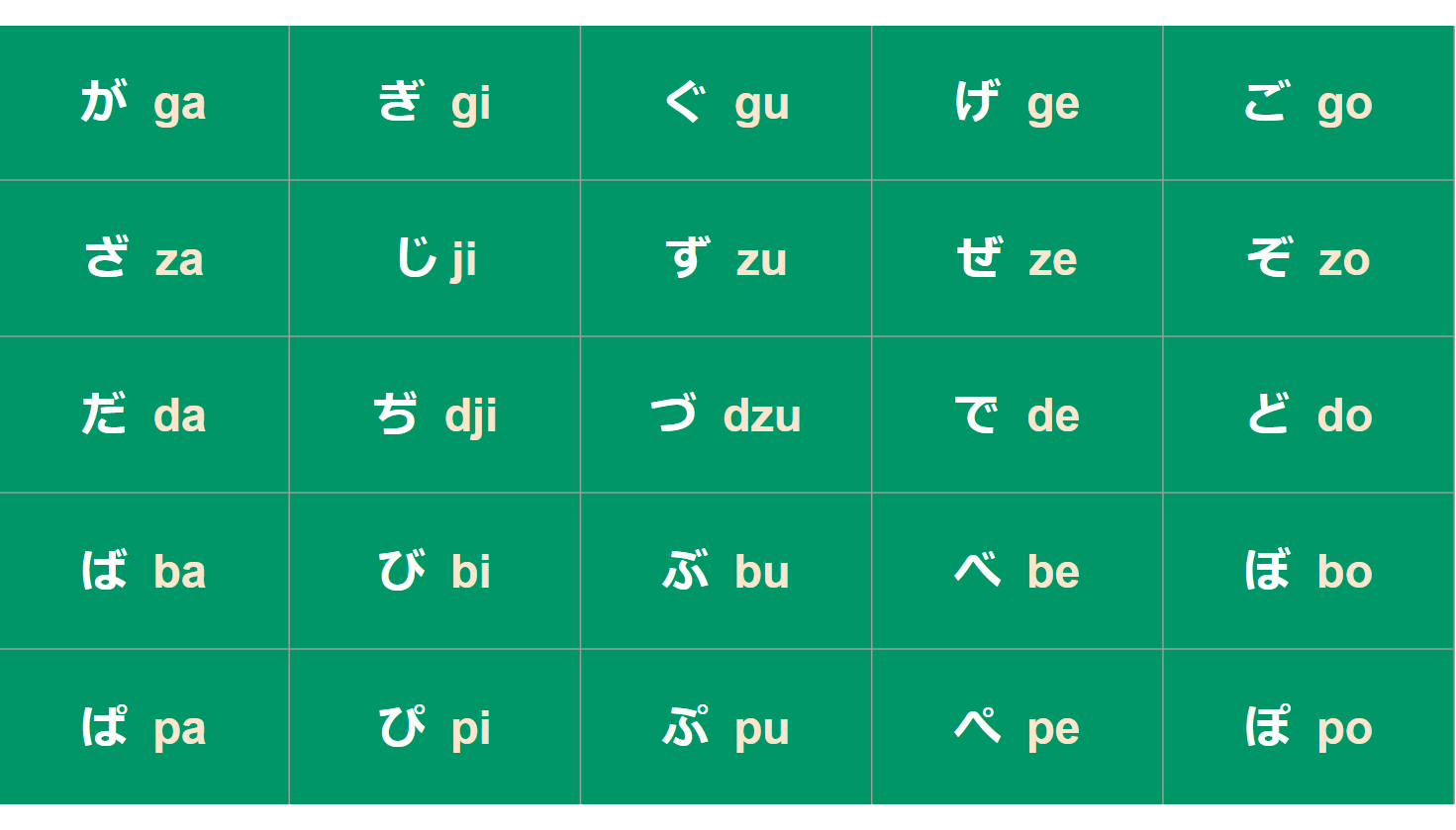


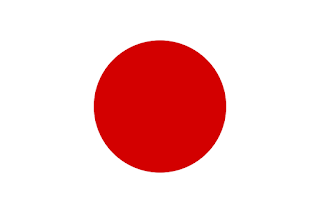
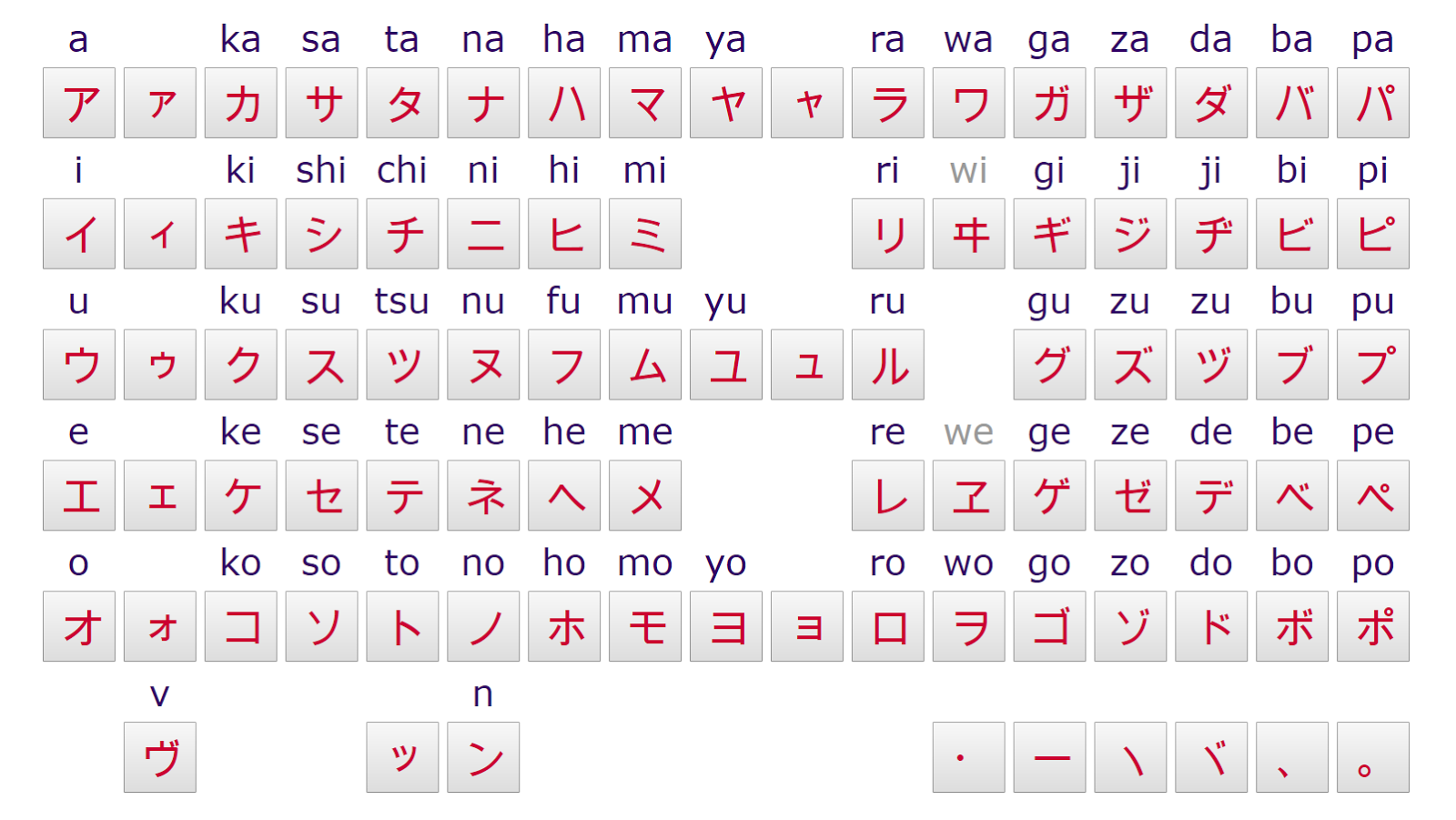
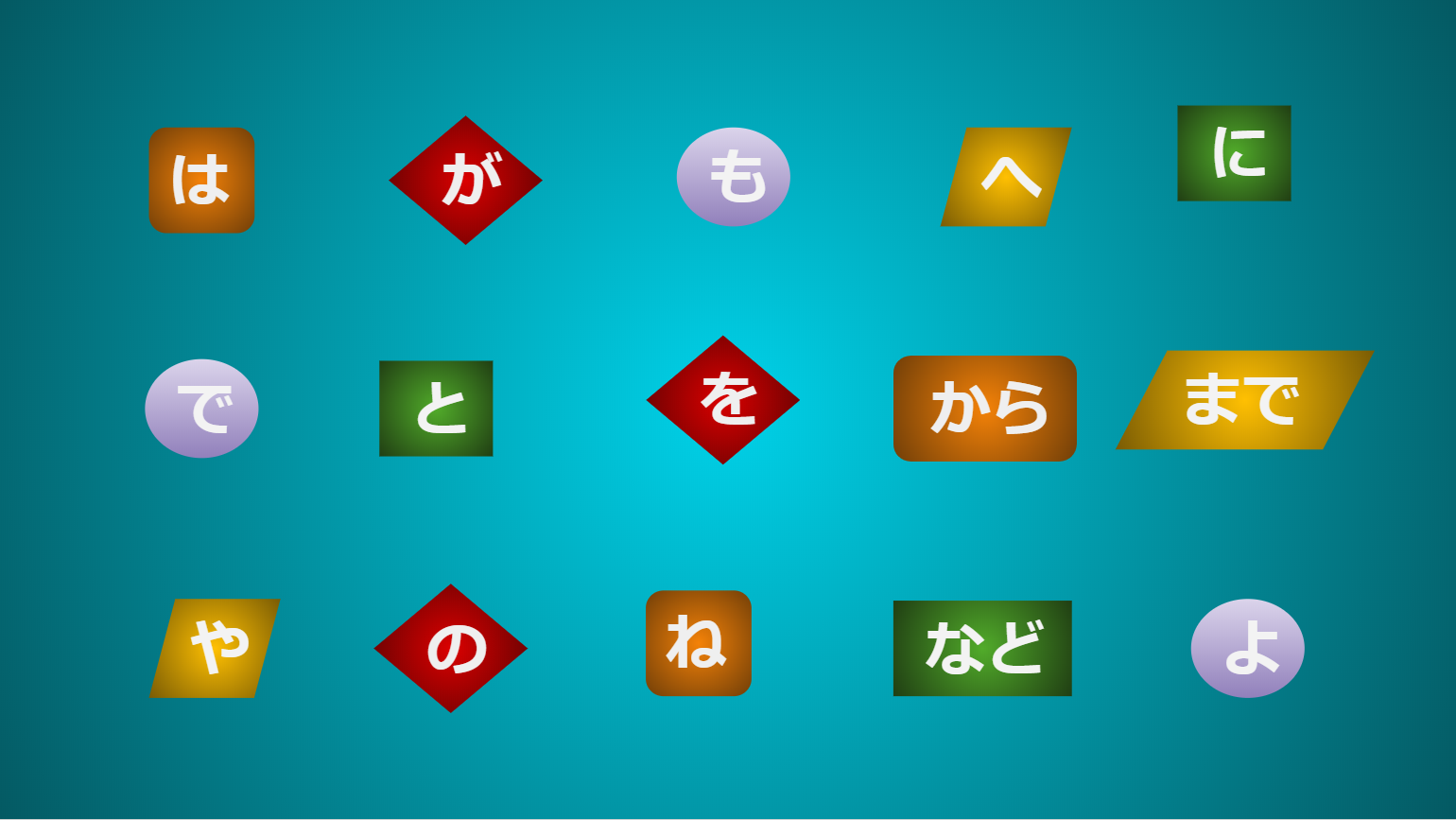
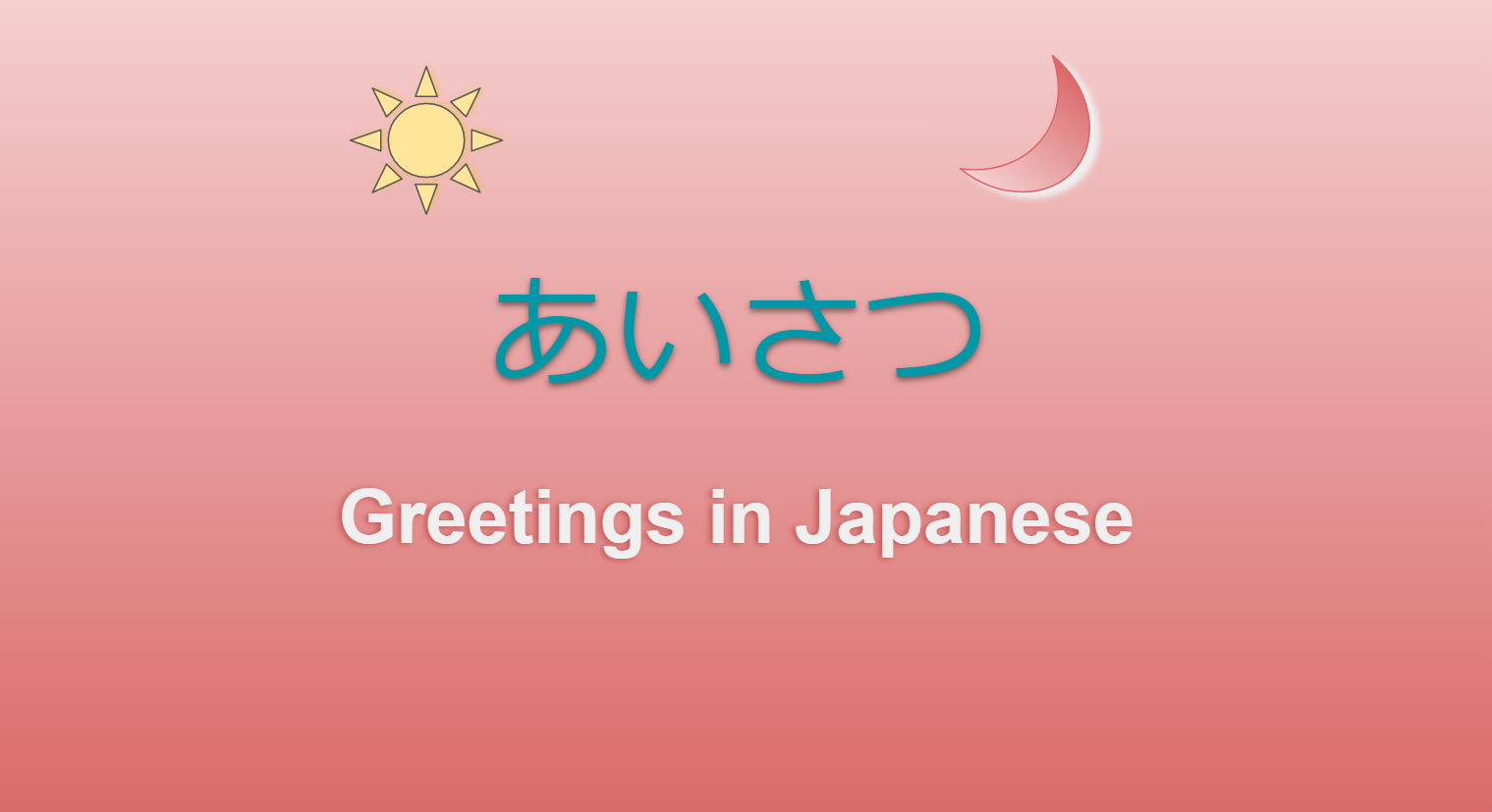
I understood everything in the post.
ReplyDeleteJapanese-Language Proficiency Test
Japanese JOT exam